The different types of pet rodents
By Dorothée Pâris Pasturel • 10 December 2024
Rodents are popular pets for many reasons: they’re cute, easy to care for, and often suited to small living spaces. However, it can be difficult to choose the rodent that best suits your lifestyle and preferences. Here’s more information about these animals to help you make an informed decision.
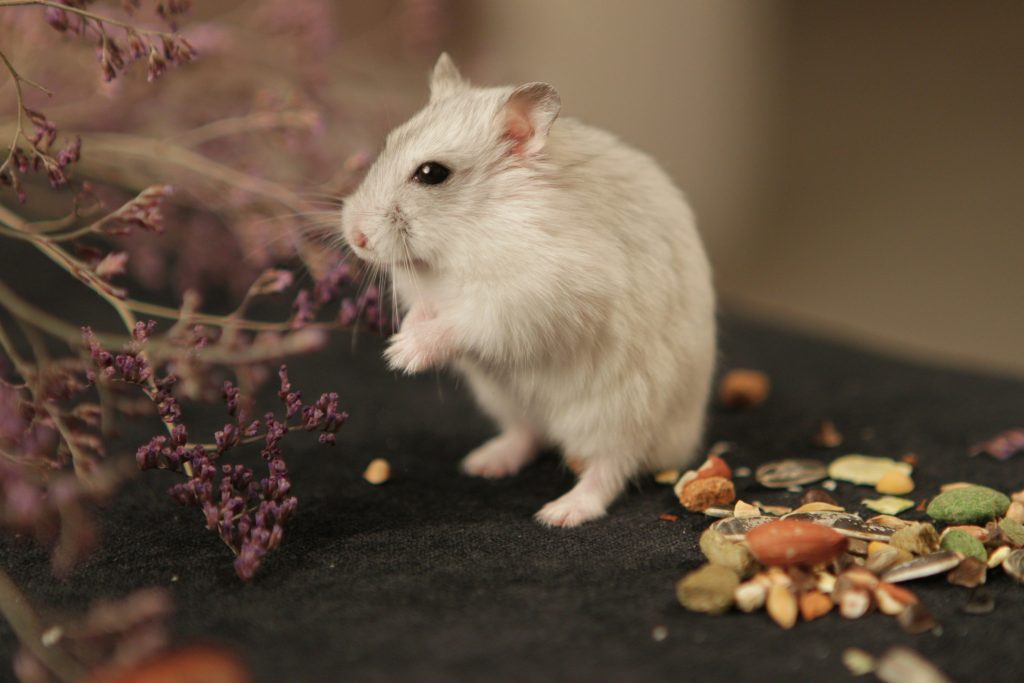
Hamsters:
Hamsters are small balls of fur often chosen for their compact size and playful demeanor. They are nocturnal, meaning they are most active at night and sleep during the day. Hamsters are generally solitary and should be kept alone in their cage to avoid fights. They are relatively easy to care for, requiring a cage with wood shavings or special bedding, as well as a balanced diet of pellets and fresh vegetables. Some of the most common hamster breeds include golden hamsters, dwarf hamsters, and Russian hamsters. When it comes to their health, hamsters are prone to dental problems if they are not given a proper diet and chewing objects to wear down their constantly growing teeth. Respiratory infections and digestive problems are also common concerns among hamsters.
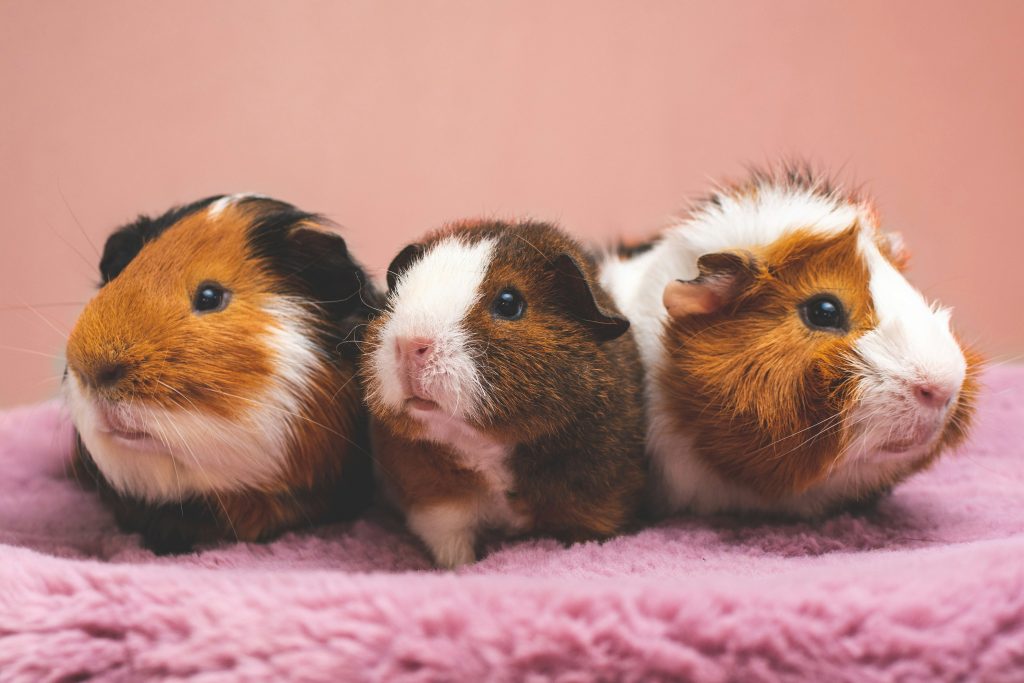
Guinea pigs:
Guinea pigs, also known as guinea pigs, are sociable and gentle rodents that can become very attached to their owners. Unlike hamsters, they are active during the day and enjoy the company of other guinea pigs. They require a larger living space than hamsters and will appreciate a spacious cage with plenty of entertainment materials. Don’t forget that they enjoy having periods of exploration outside of their cage. Guinea pigs also need a diet rich in vitamin C, as they cannot produce this vitamin on their own. Common health problems in guinea pigs include respiratory infections, skin infections, dental problems, and obesity.
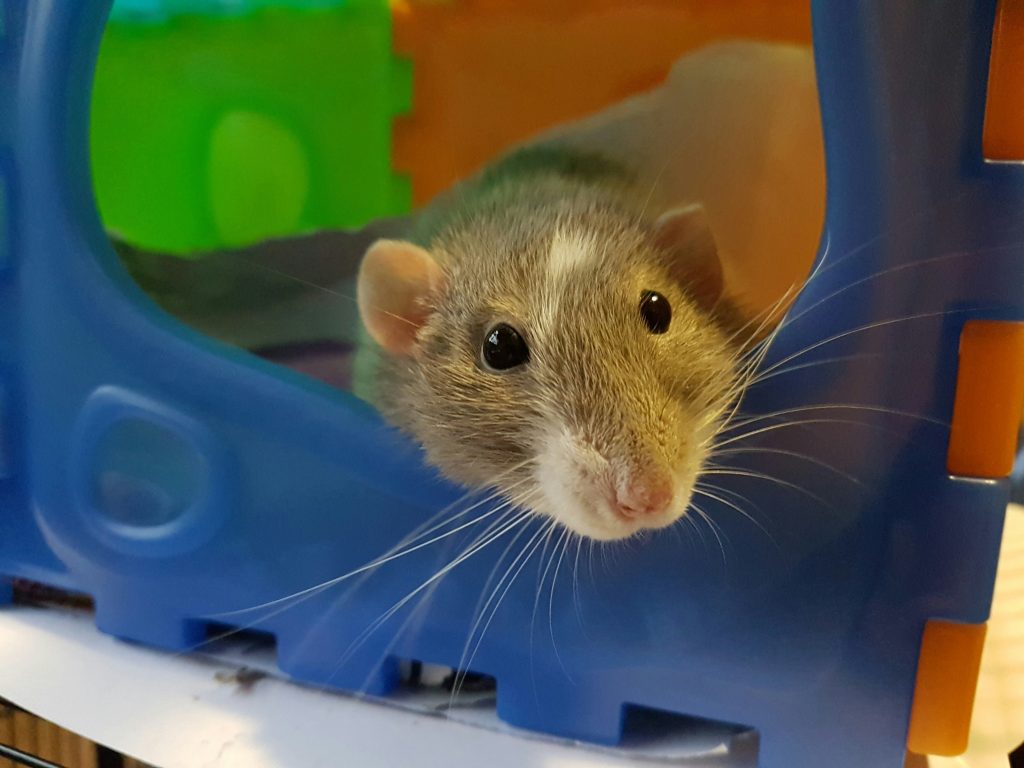
Rats:
Pet rats are often misunderstood because of their reputation for carrying diseases, but they actually make great pets for those willing to overcome these prejudices. They are incredibly intelligent, affectionate, and sociable. Rats are well-suited to group living and thrive when they have playmates. They require a spacious cage with plenty of accessories for exploring and climbing. They will also enjoy being taken out of the cage regularly. In terms of nutrition, rats need a balanced diet of rat pellets, fresh vegetables, and lean proteins. Common health problems in rats include respiratory infections, tumors, dental problems, and external parasites.
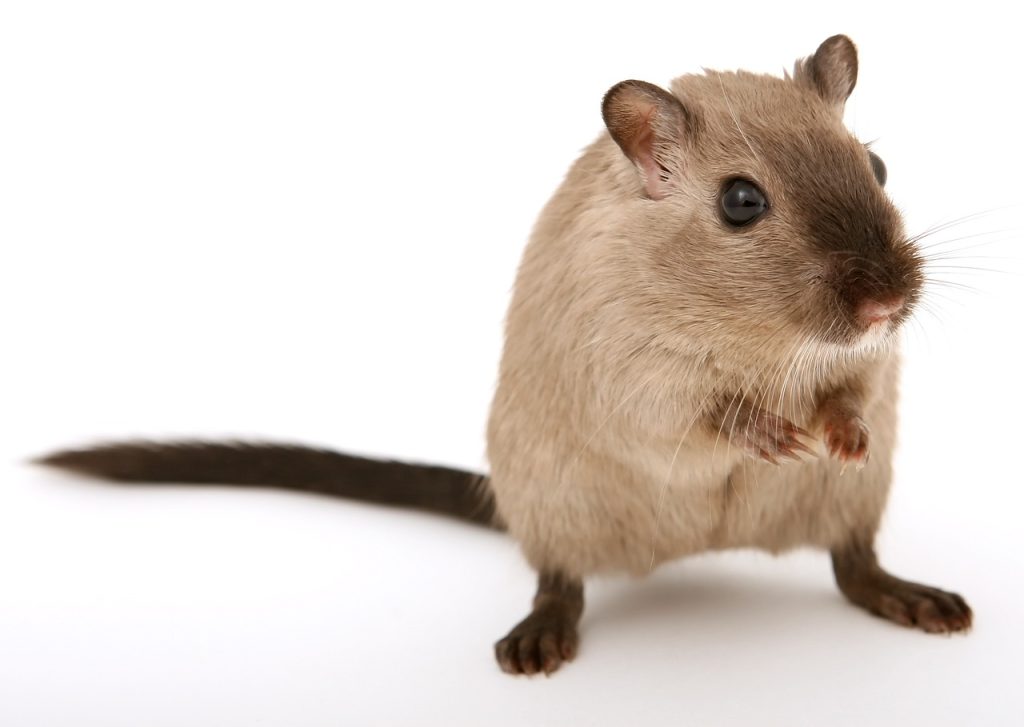
Gerbils:
Gerbils are energetic and curious rodents native to the deserts of Africa and Asia. Like hamsters, they are nocturnal and solitary, but unlike hamsters, they can be kept in small groups if introduced at a young age. Gerbils are known for their digging behavior and require a cage with plenty of substrate to satisfy this natural urge. They also need regular exercise in the form of exercise wheels and toys to prevent boredom. Common health problems in gerbils include respiratory infections, dental problems, skin diseases, and injuries from fighting among other gerbils.
Choosing between these endearing pets will come down to your personal preferences for size, behavior, and commitment. Each species offers a unique pet experience, so take the time to consider your needs and those of your pet before making your choice. Whichever rodent you choose, be sure to provide it with a safe environment, a balanced diet, and plenty of love and attention. Additionally, regular visits to your exotic animal veterinarian can help detect and treat health issues.
Do you want to adopt a rodent? Check out the profile of our exotic animals for adoption.



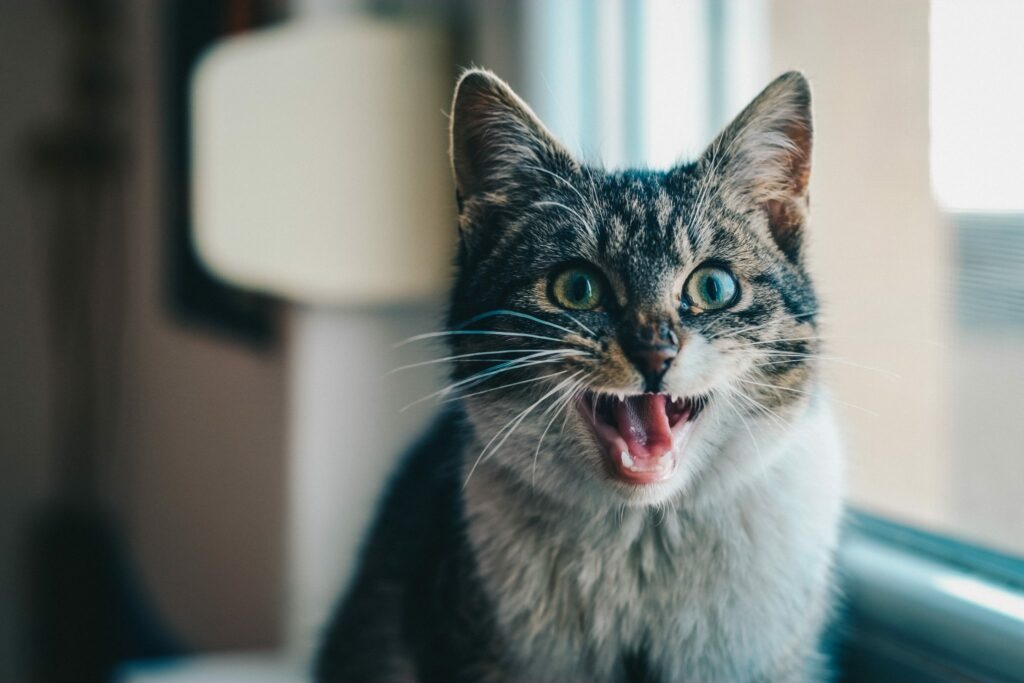

Leave a Reply